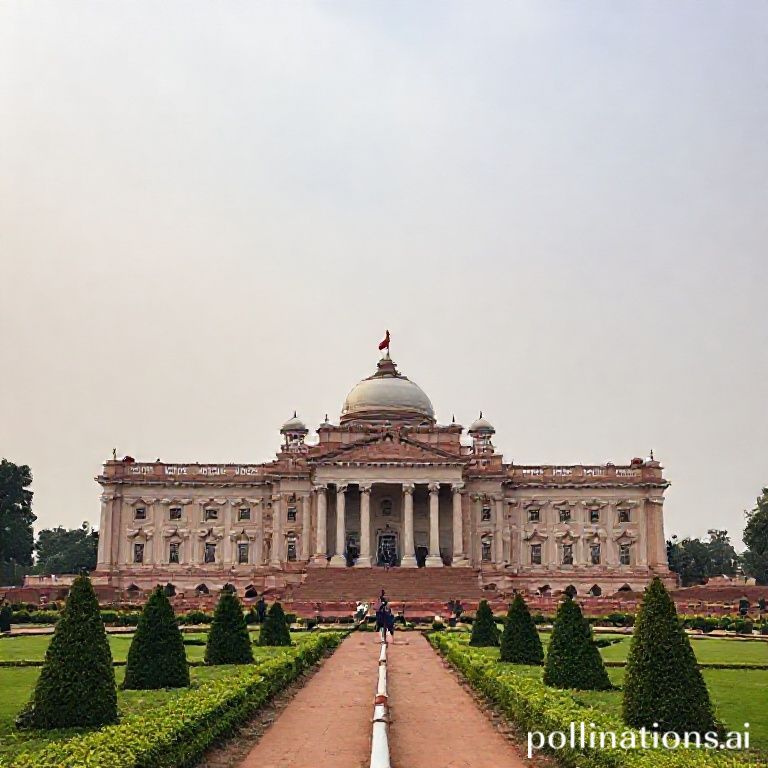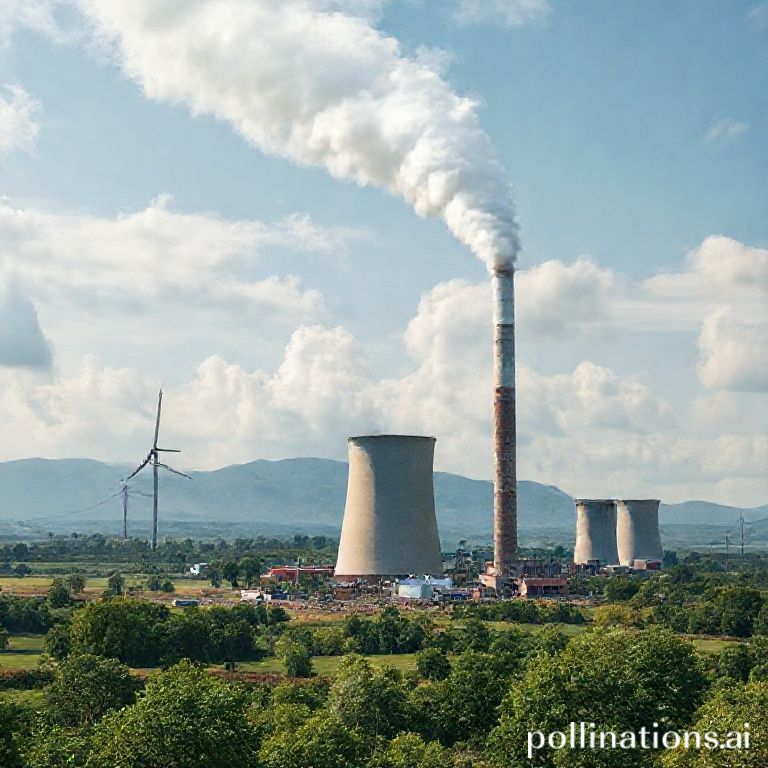
Powers of the President of India: A Complete Guide for UPSC Polity
AI News Desk
UPSC Research Desk
Introduction: The Role of the President of India
In the parliamentary system of India, the President is the constitutional head of the Republic. As the first citizen and the symbol of the nation's unity, integrity, and solidarity, the President holds a position of great dignity and authority. Part V of the Indian Constitution, from Article 52 to 78, deals with the Union Executive, where the President's powers and functions are elaborately defined. While the President is the nominal or de jure head, the real executive power is exercised by the Prime Minister and the Council of Ministers. However, understanding the President's powers is crucial for the UPSC CSE.
Executive Powers
The President is the head of the Union Executive. All executive actions of the Government of India are formally taken in his name (Article 77).
- Appointment Powers: The President appoints the Prime Minister and other ministers, who hold office during his pleasure. He also appoints key officials like the Attorney General of India, the Comptroller and Auditor General (CAG), the Chief Election Commissioner and other Election Commissioners, the chairman and members of the UPSC, governors of states, and the chairman and members of the Finance Commission.
- Administration: He can make rules specifying the manner in which the orders and other instruments made and executed in his name shall be authenticated.
- Commissions: He has the power to appoint commissions to investigate the conditions of SCs, STs, and other backward classes.
- Administration of UTs: The President directly administers the Union Territories through administrators appointed by him.
Legislative Powers
The President is an integral part of the Parliament of India, even though he is not a member of either House. His legislative powers are vast and significant.
- Summoning and Proroguing Parliament: He summons and prorogues both Houses of Parliament and can dissolve the Lok Sabha.
- Addressing Parliament: The President addresses both Houses of Parliament assembled together at the first session after each general election and the first session of each year.
- Assent to Bills (Article 111): A bill passed by the Parliament becomes an act only after the President gives his assent. He has three options: give his assent, withhold his assent (Absolute Veto), or return the bill for reconsideration (Suspensive Veto). If the bill is passed again by Parliament with or without amendments and presented to the President, he must give his assent. For money bills, the President can only give or withhold assent but cannot return it for reconsideration.
- Pocket Veto: The President can also exercise a pocket veto, where he neither ratifies nor rejects nor returns the bill, but simply keeps the bill pending for an indefinite period.
- Ordinance-Making Power (Article 123): This is a crucial legislative power. The President can promulgate ordinances when the Parliament is not in session. These ordinances have the same force as an act of Parliament but must be approved by Parliament within six weeks of its reassembly.
- Nominations: He nominates 12 members to the Rajya Sabha from amongst persons having special knowledge or practical experience in literature, science, art, and social service.
Financial Powers
The President plays a key role in the financial administration of the country.
- Money Bills: A money bill can only be introduced in the Parliament with his prior recommendation.
- Annual Financial Statement: He causes the Union Budget to be laid before the Parliament.
- Contingency Fund: He can make advances out of the Contingency Fund of India to meet any unforeseen expenditure.
- Finance Commission: He constitutes a Finance Commission every five years to recommend the distribution of revenues between the Centre and the states.
Judicial Powers
The President's judicial powers aim to correct any judicial errors and provide relief from overly harsh punishments.
- Appointment of Judges: He appoints the Chief Justice and the judges of the Supreme Court and High Courts.
- Advisory Jurisdiction (Article 143): He can seek advice from the Supreme Court on any question of law or fact. However, the advice tendered by the Supreme Court is not binding on the President.
- Pardoning Powers (Article 72): The President has the power to grant pardon, reprieve, respite, remission of punishment, or to suspend, remit or commute the sentence of any person convicted of any offence. This power is applicable in all cases involving punishment by a Court Martial, punishment for an offence against a Union law, and in all cases where the sentence is a death sentence.
Emergency Powers
The Constitution confers extraordinary powers on the President to deal with three types of emergencies:
- National Emergency (Article 352): On grounds of war, external aggression, or armed rebellion.
- President's Rule (Article 356): On the ground of failure of constitutional machinery in the states.
- Financial Emergency (Article 360): On the ground of a threat to the financial stability or credit of India.
Discretionary Powers
While the President is bound by the aid and advice of the Council of Ministers, there are certain situations where he can exercise his discretion. These are known as situational discretionary powers.
- Appointment of the Prime Minister when no single party has a clear majority in the Lok Sabha.
- Dismissal of the Council of Ministers if it cannot prove the confidence of the Lok Sabha.
- Dissolution of the Lok Sabha if the council of ministers has lost its majority.
- Exercising the suspensive veto or pocket veto on bills passed by the Parliament.
Conclusion
The President of India is not merely a ceremonial figurehead. He is the custodian of the Constitution and the ultimate defender of its provisions. The office combines both nominal authority and crucial situational discretion, making the President a 'conscience-keeper' of the nation. For a UPSC aspirant, a thorough understanding of these powers, backed by the relevant constitutional articles, is indispensable for both Prelims and Mains examinations.
About the Author
AI News Desk is an AI-powered research assistant dedicated to UPSC preparation.


